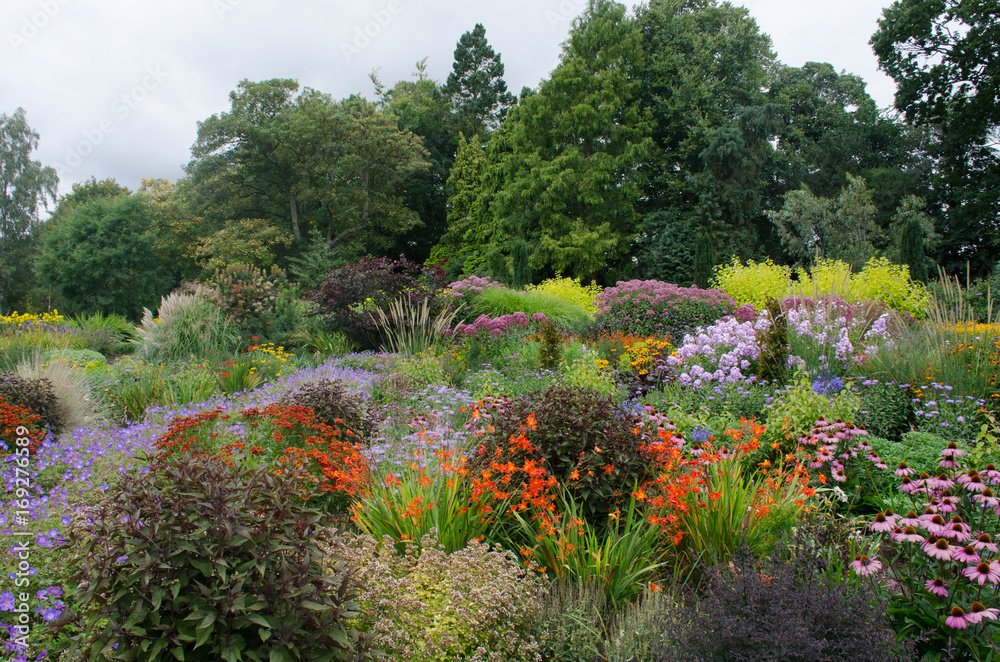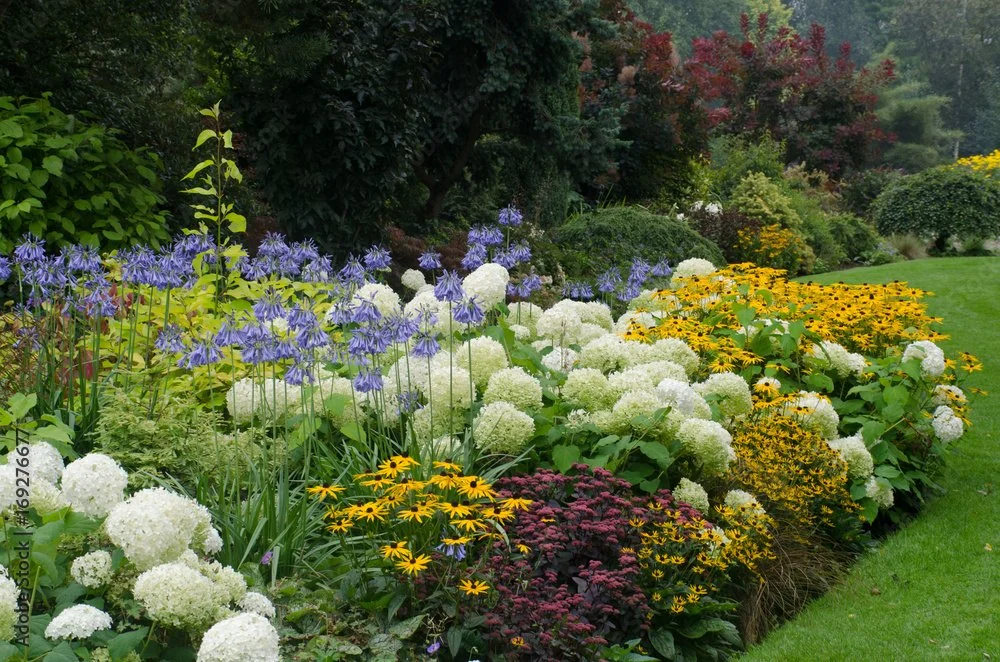
Habitat/ Pollinator Program
Free and Open to all Homeowners in Twin Cities Metro Area
In collaboration with the non-profit, Project Sustainability, we are providing an opportunity for homeowners to receive a free habitat/pollinator enhancement to their property that may include:
Pollinator Garden: To attract pollinators such as butterflies, birds, and a safe refuge for some bees.
Tree: to attract habitat for birds and wildlife.
Rain Garden: To capture and filter water from the property or street to help keep improve habitat.
This program valued at $150 per property is free, with no strings attached. We limit one property per week.
Why We Care About Providing Free Habitat Improvements to Properties
-

Urban Habitat Improvement
Pollinator gardens can help to create healthier, more vibrant urban habitats by supporting pollinators, increasing biodiversity, improving soil health, reducing pollution, and enhancing aesthetic appeal.
-

Environmental Benefits
Pollinator gardens and rain gardens can have a positive impact on environmental conditions by improving water quality, supporting pollinators, reducing the urban heat island effect, enhancing biodiversity, and improving air quality.
-

Water Quality Enhancement
Rain gardens can be an effective way to improve water quality by filtering pollutants, reducing runoff, removing excess nutrients, recharging groundwater, and providing habitat for wildlife.
-

Property Aesthetics
Pollinator gardens and rain gardens can improve property aesthetics by adding beauty, color, texture, and visual interest, which can enhance the overall value and appeal of a property.
Am I Qualified?
To receive a fee pollinator garden, there are certain minimum requirements that must be met. First and foremost, the homeowner must own the property where the garden will be installed. This ensures that the garden is installed in a location where the homeowner has the authority to make improvements and is committed to the project long-term.
In addition, the homeowner must be actively making sustainable improvements to their landscape. This demonstrates a commitment to sustainability and a willingness to make positive changes to the environment. Sustainable improvements can include things like reducing water usage, using native plants, and minimizing chemical inputs.
Finally, the homeowner must be willing to provide photo updates of how the wall is doing for the city greening initiative. This helps to track the progress of the project and provides valuable data for future initiatives. By documenting the success of the pollinator, we can inspire other homeowners to make similar improvements and create a more sustainable and beautiful community.
Overall, these minimum requirements help to ensure that the vertical garden is installed in a location where it can make a positive impact and that the homeowner is committed to the project long-term. By working together to create sustainable landscapes, we can create a more beautiful and resilient community for everyone to enjoy.
Enroll Your Property
Limited Available.

